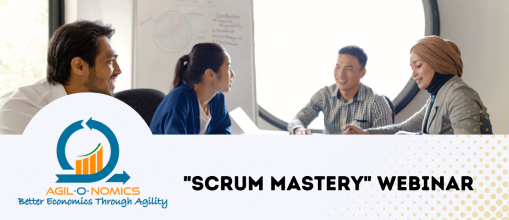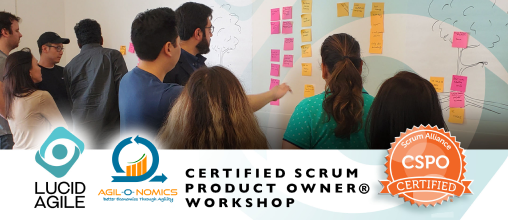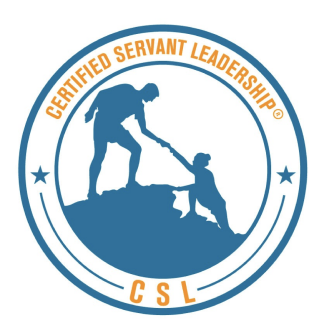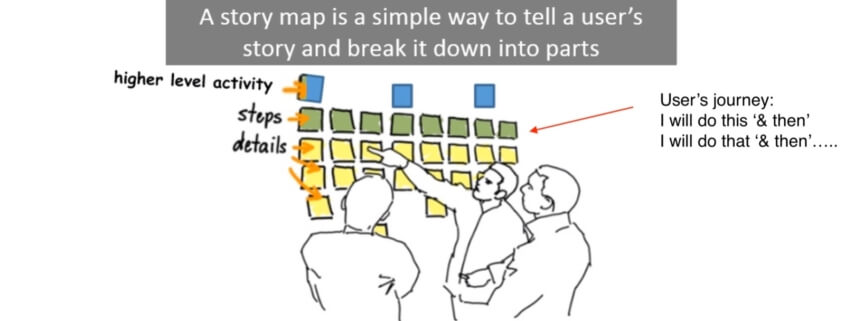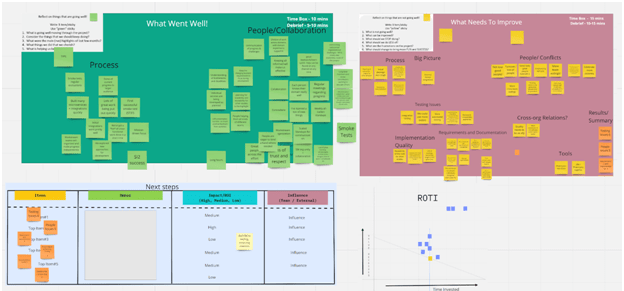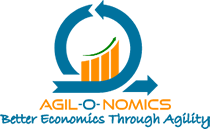
Scrum of Scrums (SoS) meetings are as popular as Scrum itself. The effectiveness of an SoS meeting depends on how it is implemented. There are a few agile teams that have achieved a high level of effectiveness with scrum. In the same way, there are a few teams that use the power of Scrum of Scrums the way it was meant to be.

What was the original purpose of Scrum of Scrums meetings? Scrum of Scrums was meant to bring scrum masters or team representatives of different scrum teams working as a part of a larger project or product together. When several teams work together, it is very common to have dependencies on one another, and things like risks, impediments or blockers need to be discussed to help all the teams achieve their sprint goals. For example, Team B could be working on something that needs Team A’s help. Otherwise their goals will be at risk. Similarly, Team C may need to finish a dependent story which can only be completed once Team B has finished a story in their current sprint.
 Dependencies need to be clear. A common implementation of Scrum of Scrums is: the scrum team representatives come together once a week, they talk about the challenges and go back. However, they are not able to achieve their goals in the sprint for the items discussed in Scrum of Scrums. So how effective is this Scrum of Scrums? As an observer, it is painful to see Scrum of Scrums providing no great value.
Dependencies need to be clear. A common implementation of Scrum of Scrums is: the scrum team representatives come together once a week, they talk about the challenges and go back. However, they are not able to achieve their goals in the sprint for the items discussed in Scrum of Scrums. So how effective is this Scrum of Scrums? As an observer, it is painful to see Scrum of Scrums providing no great value.
Here is a recommendation on how the Scrum of Scrums can be made more effective based on my personal experience of having implemented it very effectively in several scrum teams I’ve worked with over the last 15 years. Just like with all things Agile, I have inspected, adapted and evolved this process to provide huge value to the teams I’ve coached.
At a recent client in Silicon Valley, having brought agile transformation to a department of 4 teams, I introduced the Scrum of Scrums after helping them establish other scrum ceremonies. By this time, these teams completed 4 sprints, had a stable velocity range, high predictability, a very healthy backlog being produced from user story mapping, collaborative stand-ups, powerful reviews and retrospectives. They realized they were struggling with dependencies upon each others’ teams, and despite the request for help, those dependencies or blockers were not getting resolved.

This was the right time for them to be introduced to the Scrum of Scrums. The recommendations made were as below:
- The Scrum of Scrums is a problem-solving session, unlike the daily Scrum which is like planning for the day.
- The teams should meet 3 times a week (MWF).
- The suggested duration of the meeting was 30-45 minutes.
- It was important for them to understand that critical issues that need to be discussed with representatives of 3 or 4 teams would impact between 40-50 people, and so addressing them right there would be of huge value.
- The meeting is ideally held after each team’s individual stand-ups.
- The topics to focus should be dependencies, calling out any risks, synchronization efforts that need collaboration, blockers, etc.
- This was a forum to discuss how teams can work together more effectively, what has been done, what is going wrong, why and what the group is going to do about it.
- Each team representative would ask one or more of the following questions:
- What impediments does your team have that will prevent you from accomplishing your sprint goal or impact delivery plan?
- Is your team doing anything that will prevent another team from accomplishing their sprint goal or impact their delivery plan?
- Have any new dependencies between the teams been discovered?
- What have you done or what can you do to be unblocked from another team?
- What would be an agreeable ETA for you? (for you to be able to finish the work on time?)
- Who among the other teams can help your team to move towards this goal effectively?
 Who should attend the Scrum of Scrums?
Who should attend the Scrum of Scrums?
Although traditionally the scrum masters are the representatives to the Scrum of Scrums meetings, the scrum master can send another person who has more knowledge about the contextual problems their team is facing at the current time. The scrum master may also bring another person along with them and that is fine, too. We do not want a lot of people attending the meetings as this can prolong the discussions. It helps if the team representative to the Scrum of Scrums is a technical person, since a lot of the problems discussed in these meetings are technical.
How do you track progress?
 I recommend the team create a Kanban board to track the issues that are discussed at these meetings. Instead of the teams creating additional tickets on this board, we came up with a creative way which includes labeling the issues any team is facing. These issues actually live on the respective team scrum or Kanban boards, but because of a specific label, they show up on the Scrum of Scrums (Kanban board) due to the query that was set up (JQL or Jira Query Language, in this case).
I recommend the team create a Kanban board to track the issues that are discussed at these meetings. Instead of the teams creating additional tickets on this board, we came up with a creative way which includes labeling the issues any team is facing. These issues actually live on the respective team scrum or Kanban boards, but because of a specific label, they show up on the Scrum of Scrums (Kanban board) due to the query that was set up (JQL or Jira Query Language, in this case).
The facilitator of this Scrum of Scrums maintains a simple excel sheet that monitors or tracks the progress as follows:

*This is usually the person who raises issue and the person who teams up to resolve the issue
Looking at above, you can see that the column 4 minus column 2 gives the cycle time (time it took for the issue to get resolved after it first appeared on the board). The overall goal is for the average cycle time of all the issues to be as minimal as possible. The idea of including the names of people involved is to help inspire others to collaborate and quickly resolve dependencies, thereby keeping the average cycle time to a minimum.
How do you deal with dependencies outside your Scrum teams? How do you approach organizing the SoS meetings to make them collaborative and effective?
*Some of the ideas have been taken from Scrum@Scale practitioner’s training.








